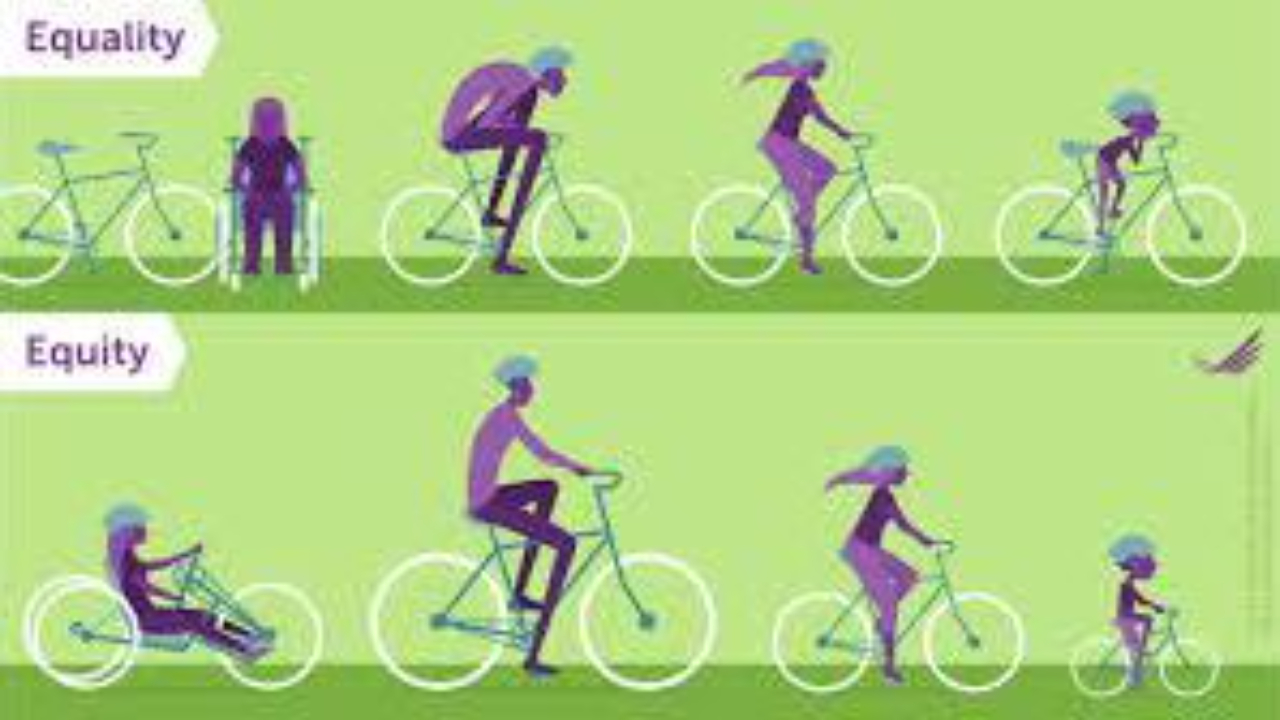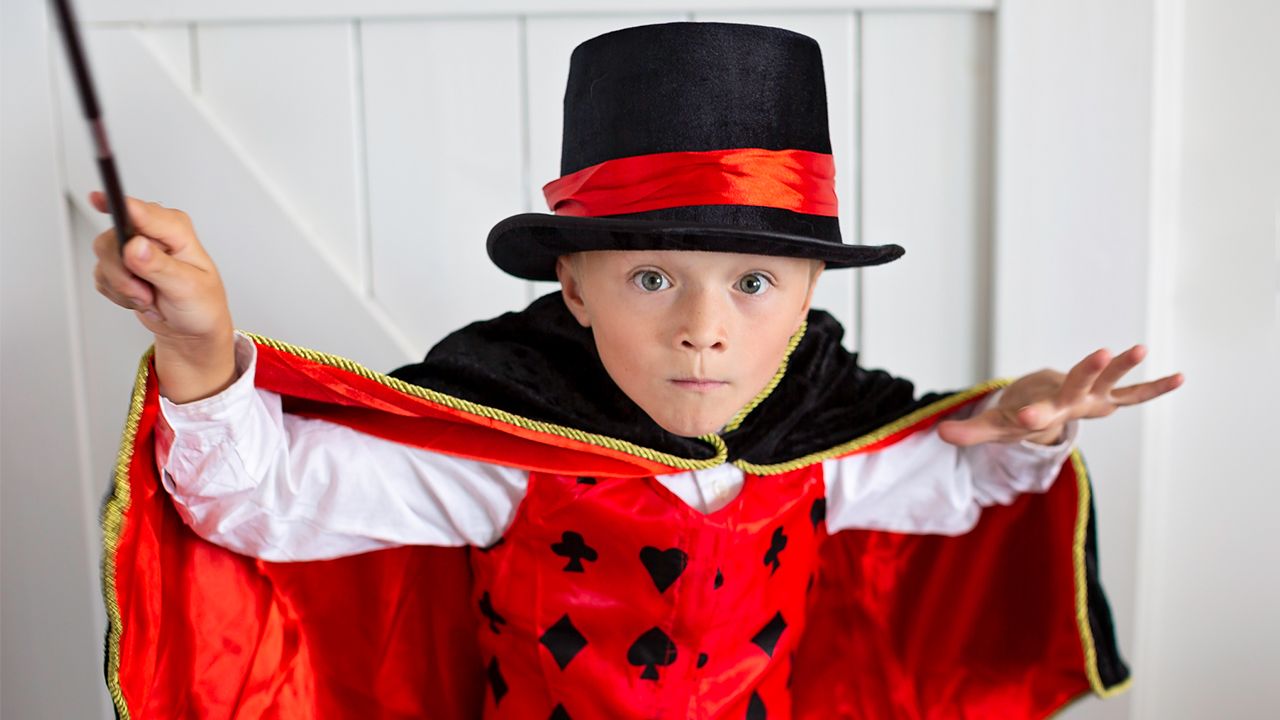Special Education Advocacy TODAY!
SEAT Blog
WE HAVE 45 MINUTES FOR THE IEP ON THURDAY.
Comment from a BCEA student (JS) : LEA only allows 45” for an IEP.
Why are advocates there?
Why do you say "Its cool with me" sarcastically - when clearly what you're referring to is NOT ok??!!! As an advocate, no, covering a 43 page IEP in less tha...
EDUCATIONAL INEQUITY IS THE MOST PRESSING
SOCIAL PROBLEM FACING OUR COUNTRY AND
THE CIVIL RIGHTS ISSUE OF OUR DAY
To solve this problem one must be an expert in IEP development. The goal is to support students learning academically, emotionally, behaviorally, socially, and adaptive skills so t...
How to Appreciate the Eye of the Advocate
As this first day of a New Year begins, I would like to focus on what happens when someone finally develops the eye of an advocate. What does that really mean and does that process of developing the Eye of an advocate have any impact on your life and if it...
UNPROFESSIONAL CODE WORDS
It really does not matter what industry, or profession you are working with as a consumer, you will find that they all have their own vocabulary of code words. True professionals, know better than to ever say certain code words such as:
“TRUST ME”
The need to convince ...
EDUCATION ADVOCACY SKILLS
"ASKING THE RIGHT QUESTION IS OFTEN MORE IMPORTANT THAN HAVING AN ANSWER. A RIGHT QUESTION CAN LEAD TO THE RIGHT ANSWER."
Marie Lewis PhD, BCEA
The world of Special Education leaves a lot to be desired when it comes to transparency and direction. Some of that is simply...
Please Tell Me That You Walk on Water
This could be the entreaty of those parents who have the distinct feeling that, at the IEP table, their comments are magically heard by team members only in a foreign language. Another common perception is that all comments by parents will be met with rolling e...
5 MYTHS about AAC AND SGDs
ALTERNATIVE AND AUGMENTATIVE
COMMUNICATION AND
SPEECH GENERATING DEVICE
Implementing the use of AAC /SGDs is the responsibility of the school-based IEP team. The Speech and Language Therapist/Pathologist works as part of a team that may also include an assist...
The following are examples of what educational needs, SDIs, and Goals could look like for a child with autism who needs ABA.
This does not have to be an ABA or VB classroom!
The following is just so you can get a taste of what should be individualized in the IEP.
Let’s first define
-
...
Disability Rights: How and Why to Vote
Author: Sandra Carroll, BS, BCEA
While much of recent political discussion in Pennsylvania centers around the two “big” races in the impending election this year, little has been mentioned about disability related issues in the news. In fact, the stakes f...
When does Executive Function Develop?
Executive function emerges during preschool and develops in correlation with frontal lobe development from childhood to approximately age 25. A baby's brain grows and develops by overproducing neurons, synapses, or connections. These are then pruned back a...
EXECUTIVE FUNCTIONING AFFECTS HOW MANY AREAS OF LIFE?
When we start talking about executive functioning it does not take long to reach overwhelm because executive functioning affects so many different areas of one's life. It is not very different from the computer's motherboard.
A computer's moth...
Safety First
Guest Author: Linda Snyder MBA, PMP, BCEA
with Marie Lewis, Ph.D., BCEA
Excluding students with disabilities from school safety drills and practices is short-sighted. The National Association of School Psychologists has recommended that schools consider developing individualiz...
While you are waiting to start your journey with us
Download our Free Guide
3 THINGS TO GET YOU FROM A-Z














